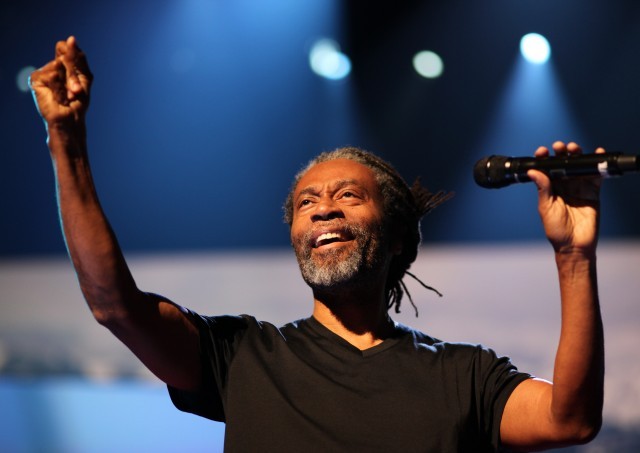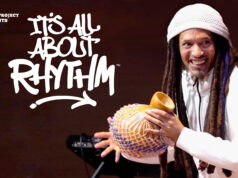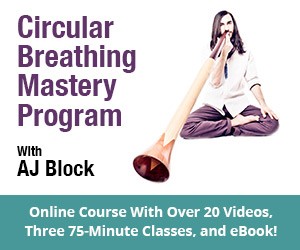
1. Exercise daily
Keeping your body in shape is the key to a creative mind. Some of the most successful musicians attribute their musicality to their health. Many find running, going to the gym, yoga and sports to be a wonderful complement to their careers in music. Make sure that the exercise you choose will not have any negative effects on your instrument of choice (i.e. making your hands or throat sore).
2. Eat Healthy
In Three Wishes: An Intimite Look At Jazz Greats, legends of the 1960’s jazz scene (including John Coltrane, Miles Davis, Charles Mingus and many more) were asked “what are your highest values?” The most common reply: “health is wealth.” A proper diet will support a clear mind and a responsive body. To make sure you are working at your full potential, be sure that you are eating a balanced diet rich with whole foods. Try to limit processed foods where you can. Most importantly, test what works for you. For some people, no added sugar is a mantra. For others, being salt free is the way. Try omitting certain things from your diet for a day or two and see what works for you.
3. Practice daily
This one is obvious to any musician who has achieved a high level of playing. Even 15 minutes of practice time on a busy day can be extremely valuable. Go for quality over quantity and make sure you have a clear head when you go into your practice space.
4. Seek out a teacher
While it may be tempting to learn everything you can from YouTube tutorials, invaluable knowledge comes from study with an experienced teacher. Find a teacher whose playing you admire and who you find a good rapport with. It is guaranteed that a good teacher can give you materials that will push your playing continuously to a higher level and faster than you can do on your own.
5. Develop your sense of rhythm
As Victor Wooten says in his book The Music Lesson the key is to find the groove. Mr. Wooten is one of the finest bassists in the world and he cites this as one of his greatest lessons. By learning to stay with the groove and not falter because of playing the wrong note, he learned to keep the band moving along instead of having to stop every time a blunder was heard. Keeping the band together is an invaluable skill and developing your sense of rhythm will do this. Playing with a metronome can also work wonders.
6. Work on a solo performance piece
Virtuoso singer Bobby McFerrin says that an essential way to develop your musicality is to pick a difficult piece and learn it really well. This will add to your repertoire and give you many skills that you can apply to improvisation.
7. Learn the rudiments
Scales, arpeggios, paradiddles, vocal scans and other fundamental exercises are important to musicians of all levels. Each instrument has its own essential exercises and it is recommended that you learn these. Once you’ve mastered all your major and minor scales and arpeggios, which may take a serious amount of time, you will be well equipped to handle music given to you by composers. Once you’ve spent enough time with these exercises you can stop practicing them because you will have ingrained them in your musical vocabulary.
8. Study musical style
Most musicians do not limit themselves to study of a certain style. It is important to listen to and study music from many cultures and create a synthesis within your playing. Ray Charles saw himself as a fusion of traditional gospel and contemporary Rhythm and Blues. Each musician is a product of everything they ever listen to and practice. What are your influences? Where could you expand your stylistic knowledge?
9. Apply knowledge from other instruments
If you are a trumpet player its good to listen to and try to learn something played by a violin player. If you are a pianist, learn a piece from the guitar canon. This will help you see music from a broader perspective.
10. If you are an instrumentalist, sing! If you are a singer, play an instrument!
Make sure to sing everything you play. This is how you can develop your ear and hear things before you play them. Many successful improvisers have a vast catalog of licks and phrases which they can recall from memory on the spot. This is a skill developed through singing and repetition. Most western composers and singer/songwriters play piano or guitar. These chordal instruments provide a platform for understanding musical structure. Using your voice and playing a chordal instruments are some of the most invaluable musical development tools, no matter what your instrument.












